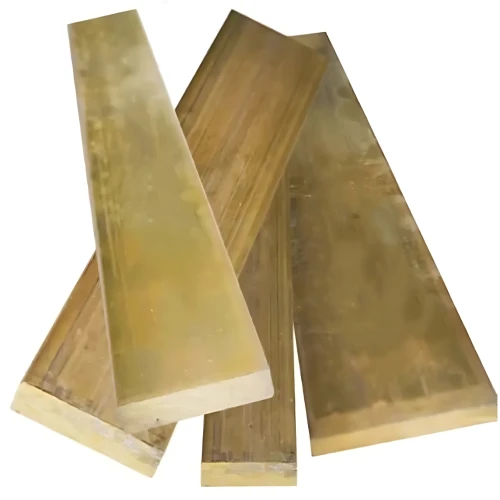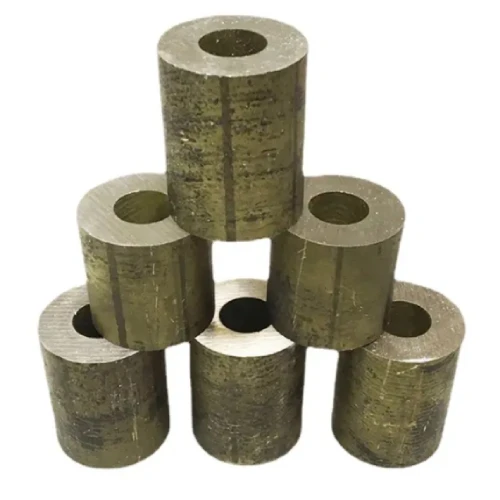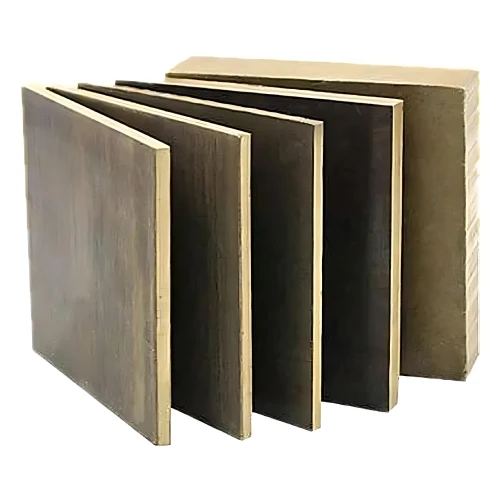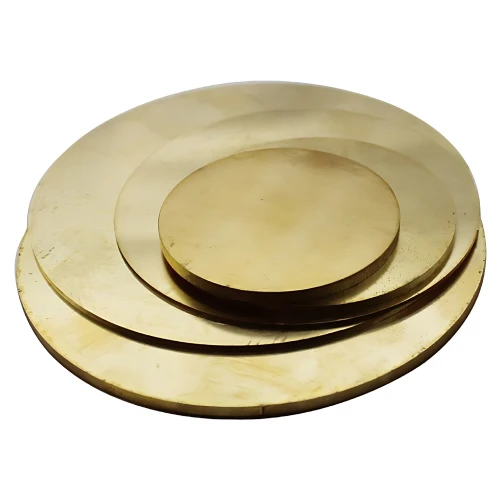C90700 is a copper alloy belonging to the tin bronze family. It's known for its exceptional strength,
good wear resistance, and fine-grained structure, making it suitable for various industrial applications,
particularly gears and bushings.
Table: Key Properties of C90700
| Property |
Description |
| Chemical Composition |
- Primarily Copper (Cu): Minimum 88% <br> - Tin (Sn): 7-9% <br> - Lead (Pb): Up to
0.5% (sometimes lead-free variants exist) <br> - Other (Fe, Zn, etc.): Trace amounts
|
| Mechanical Properties |
- High tensile and yield strength <br> - Good wear resistance <br> - Good
machinability (especially lead-containing variants) <br> - Fair corrosion resistance
|
| Common Brands (By Country) |
- Europe: CuSn7 [Europe] <br> - US: High-Strength Tin Bronze, MTEK 65
(may vary)
|
Important Note: The presence of lead (Pb) in C90700 can vary. Some manufacturers offer
lead-free variants. Always check the specific datasheet for the material you're considering.
Common Questions and Answers:
What are the typical applications of C90700?
C90700 finds use in various industries due to its balanced properties:
Gears: Its strength and wear resistance make it suitable for gears, particularly for
medium-load applications.
Bearings and bushings: C90700 can be used for bearings and bushings in applications with
moderate to high loads.
Wear plates and liners: Industrial machinery can benefit from C90700's wear resistance
for wear plates and liners.
How does the presence of lead affect C90700?
Lead can improve machinability in C90700. making it easier to machine. However, it also raises environmental
and health concerns during machining. Lead-free variants are available, offering similar properties but
slightly lower machinability.
What are some limitations of C90700?
While C90700 offers many advantages, there are a few limitations to consider:
Cost: Compared to some other copper alloys, C90700 can be slightly more expensive.
Welding: Welding C90700 requires specific techniques to prevent cracking. Consulting a
welding professional is recommended.
Important Note: Always consult with a material engineer or supplier to identify the most
suitable copper alloy for your specific application considering factors like strength, wear resistance,
corrosion resistance, machinability, lead content (regulations), and cost.



